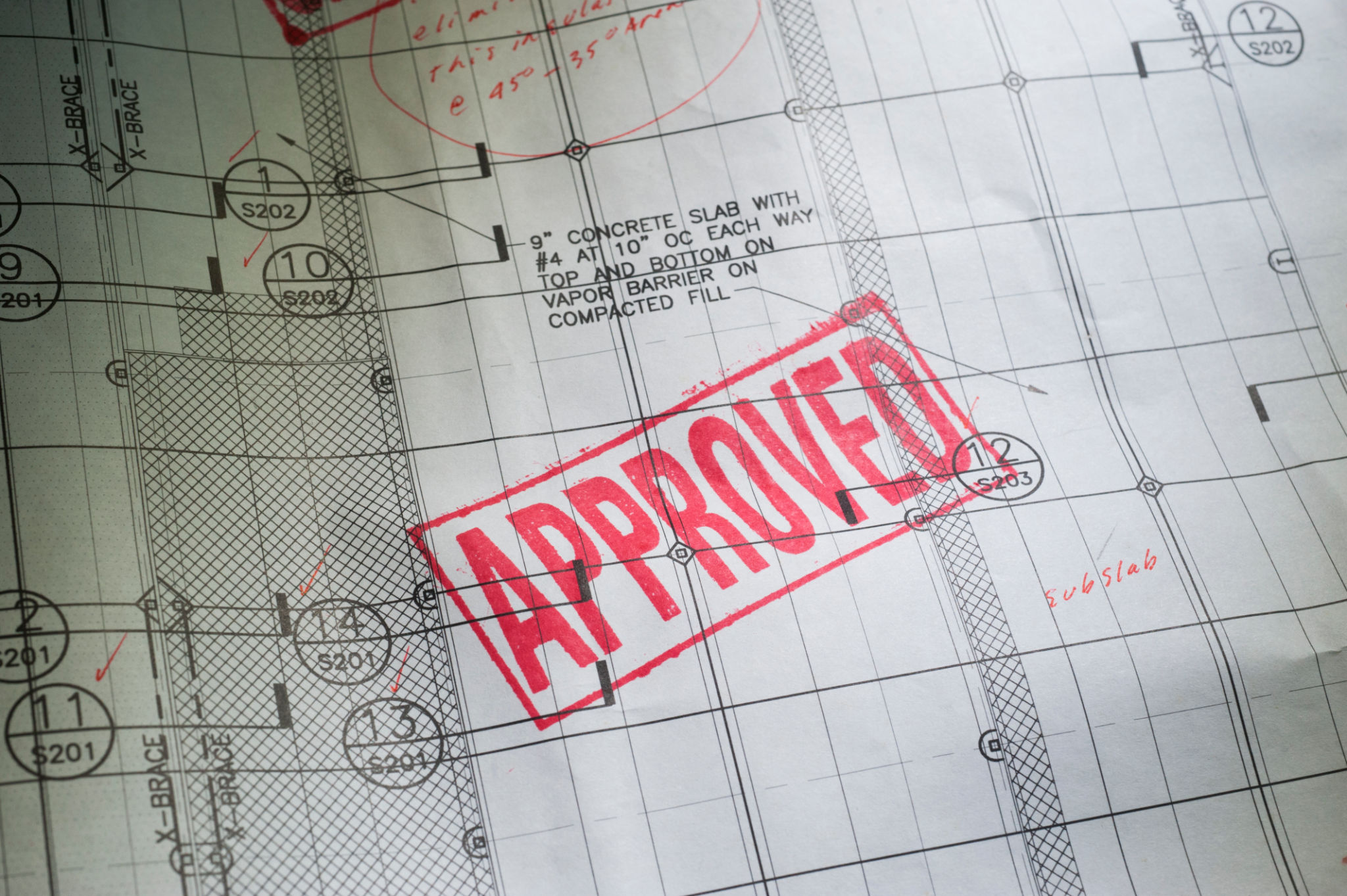Comprehensive Guide to Commercial Property Regulations in Fort Lauderdale
Understanding Zoning Laws
In Fort Lauderdale, zoning laws are fundamental to managing land use and ensuring that the growth of the city is orderly and sustainable. These laws determine how properties in specific geographic zones can be used, whether for residential, commercial, or industrial purposes. Understanding these regulations is essential for anyone looking to invest in or develop commercial property in the area.

Zoning laws can affect various aspects of property development, including building height, density, and the types of businesses that can operate in a particular area. It's crucial for investors and developers to consult the city's zoning maps and guidelines before making any decisions.
Permits and Licenses
Before commencing any construction or renovation on commercial properties in Fort Lauderdale, obtaining the necessary permits and licenses is mandatory. These documents ensure that your project complies with local building codes and safety regulations. Depending on the scope of your project, you may need several permits, including building permits, electrical permits, and plumbing permits.
Additionally, businesses operating within these commercial properties must secure appropriate business licenses. It's advisable to consult with city officials or a legal expert to navigate this process efficiently.

Environmental Regulations
Environmental considerations are increasingly becoming a critical component of commercial property regulations. Fort Lauderdale's regulations include measures to protect wetlands, manage stormwater runoff, and reduce the environmental impact of developments. Compliance with these rules is not only a legal requirement but also a demonstration of corporate responsibility.
Developers should conduct thorough environmental assessments to ensure that their projects do not adversely affect the local ecosystem. This may involve hiring environmental consultants to guide you through the process and help mitigate potential impacts.

Building Codes and Safety Standards
Ensuring the safety of occupants and visitors is a top priority in any commercial property. Fort Lauderdale has stringent building codes that address structural integrity, fire safety, accessibility, and more. Compliance with these codes is enforced through inspections and approvals at various stages of construction.
It's important that developers work closely with architects and contractors who are familiar with local codes to avoid any compliance issues that could delay or halt a project.
Historic Preservation Regulations
Fort Lauderdale is home to numerous historic sites and districts that are protected by preservation regulations. If your commercial property is located within one of these areas, you may face additional restrictions designed to maintain the historical character of the neighborhood.
These regulations can influence the design and materials used in development projects. Collaborating with preservation specialists can help ensure that your project aligns with both regulatory requirements and community expectations.

Conclusion
Navigating the landscape of commercial property regulations in Fort Lauderdale requires a comprehensive understanding of various local laws and codes. From zoning laws to environmental regulations, each aspect plays a crucial role in shaping the development process. By being well-informed and seeking expert advice when needed, investors and developers can successfully bring their projects to fruition while contributing positively to the community's growth.
